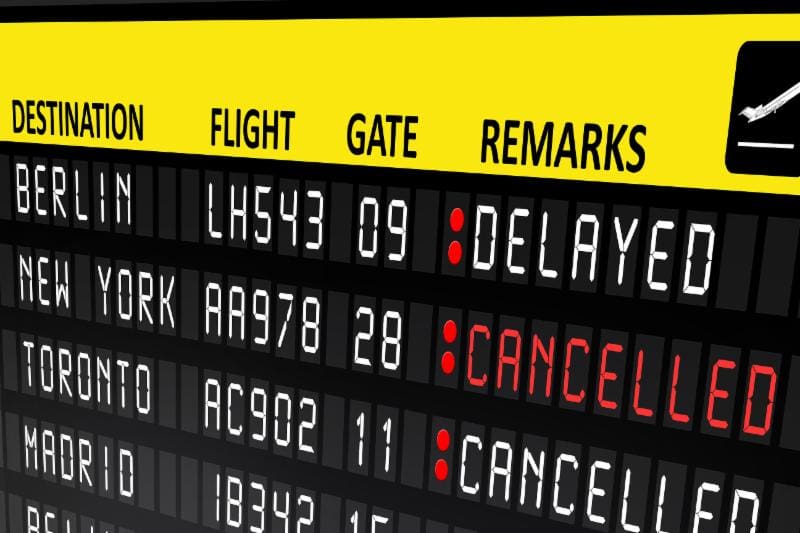 Frequent air travelers know that delays and cancellations happen. If you travel enough, you’re bound to have a story about a missed connection, an overbooking, or a long wait on the tarmac. But do you know when you have the right to be compensated? It turns out that 92 percent of Americans don’t know their air travel rights and therefore leave a whopping $6 billion in compensation unclaimed each year!*
Frequent air travelers know that delays and cancellations happen. If you travel enough, you’re bound to have a story about a missed connection, an overbooking, or a long wait on the tarmac. But do you know when you have the right to be compensated? It turns out that 92 percent of Americans don’t know their air travel rights and therefore leave a whopping $6 billion in compensation unclaimed each year!*
Generally, when an airline fails to perform the contracted service, you are due some recompense. The rules can be a bit murky, so here’s an overview of air travel rights you should know to ensure fair compensation.
U.S. Government-Mandated Air Travel Rights
In the U.S., there are very few Department of Transportation mandates regarding delayed flights; however, those that are in place apply to all flights taking off or landing on U.S. soil.
In addition to safety regulations, the government does enforce some airline rules. For example, if you are delayed on the tarmac for an extended period, you have the right to water and a working toilet. If the tarmac delay is more than three hours, you have the right to deplane.
In the event of a delay, cancellation or diversion, all airlines must refund the remaining value of your ticket if you decide not to complete the trip. This even applies to non-refundable tickets. Caveat: Unless your ticket is full fare, there’s a good chance that the portion used is greater than the remaining value, leaving no residual value to be refunded.
If the airline bumps you from a flight and can’t get you to your destination within two hours of the originally scheduled arrival, they must pay you 200% of the one-way fare, up to $675. If it’s longer, the amount goes to 400% with a $1,350 maximum. They can offer travel vouchers or other options but you have the right to demand cash or a credit to your credit card. Caveat: These rules only apply if you are bumped due to overbooking. Denied boarding for other reasons doesn’t qualify.
Airline Designated Rights for Delays and Cancellations
Each airline does have a set of customer service policies regarding reaccommodation or compensation, although they may vary. Caveat: Enactment of these policies depends on the reason for the delay. If it’s the airline’s fault (mechanical, crew scheduling, etc.) they are likely to compensate you. If it’s out of the airline’s control (severe weather), they don’t guarantee payment.
If you experience a long delay before boarding, usually defined as four hours or more, some airlines offer meal vouchers or expenses, while others may offer travel vouchers. Caveat: These individual policies are normally outlined in the airline’s conditions of contract, but a few simply don’t have formal rules in writing.
When there is a delay or cancellation, all airlines will put you on their next available flight, “available” being the operative word. The status hierarchy of the 50 people who want one of 37 available seats on the next flight is not always clear. If the next flight is a day or more later, a few airlines will allow you to change your return date to keep your original length of stay intact, but that is not the norm. If the next available flight is on another airline, a few carriers may transfer you to another line upon your request or at their own discretion. Travel Maestro tip: Be very nice to the agent behind the desk and keep your fingers crossed. With all the grey areas in the rules, you’re pretty much at their mercy.
Air Travel Rights for Marketing and Ticket Purchase
Airlines are required to present the full price of airfares, including all mandatory fees, in any advertising. You have the right to know the total price of transportation before you commit to the purchase. Caveat: This does not include baggage fees because you are not required to check bags. For individual airline policies, visit our Baggage Fee Reference Chart for most airlines.
Additionally, you have the right to a full refund, even on non-refundable fares, within 24 hours of your initial purchase.
Air Travel Rights for Luggage Problems
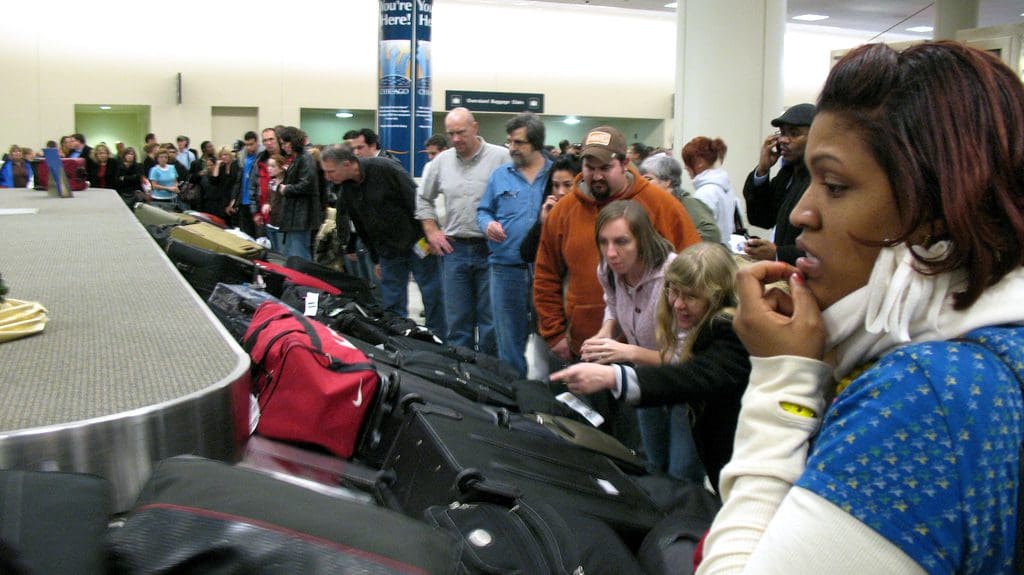
If you’ve ever seen a hinge-sprung suitcase on the baggage carousel trailing an assortment of clothing (we hope it wasn’t yours!), you know that the airlines can be hard on your luggage. Although the airlines’ lost luggage statistics have gotten much better with the adoption of advanced tracking technology, bags still get damaged or lost occasionally.
If your bag is delayed, you should file a claim; some carriers offer an amenity kit and a small stipend to purchase necessities until you are reunited with your bag. When it is located, the airline will courier it to you; you do not have to go back to the airport to pick it up.
If two to four weeks go by and it hasn’t shown up, you need to file a lost baggage claim. The airline is required to reimburse you for the documented cost of the contents, not to exceed $3,500 for domestic travel and $1,675 on international flights. Caveat: Claim forms ask for the purchase date of items and depreciation applies, so reimbursement is far from a blank check.
Congratulations! If you read this far, you now know more about air travel rights than 92 percent of the traveling public. We hope you don’t have to use your new-found knowledge but if you do, be sure you don’t leave any compensation unclaimed.
*Survey by AirHelp

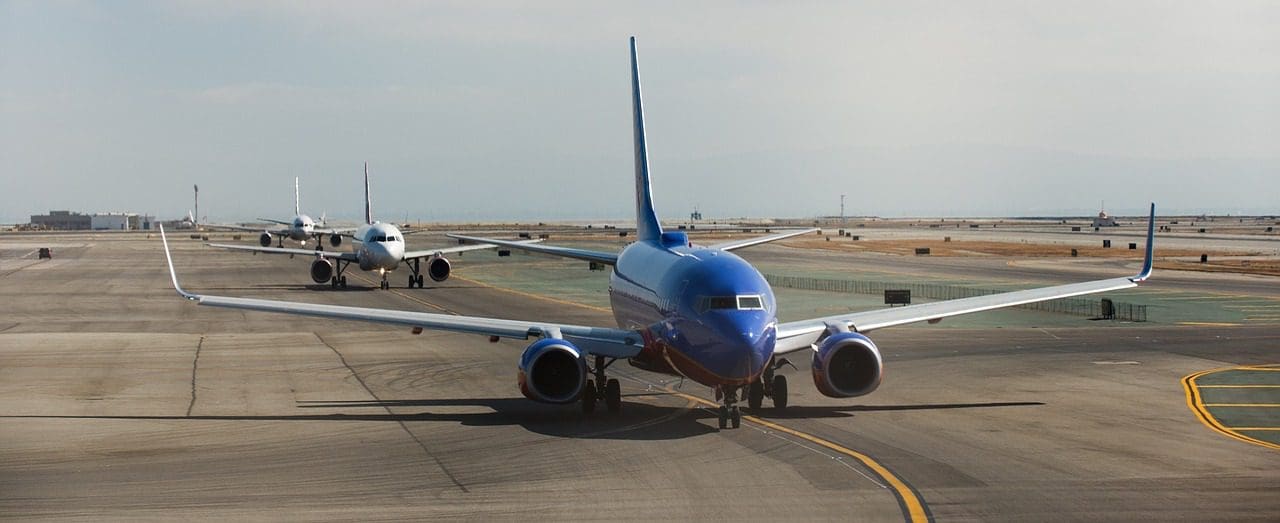

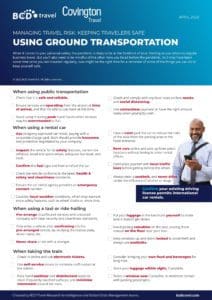
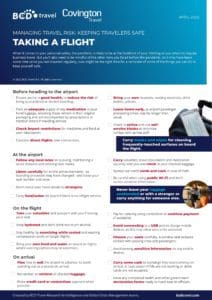


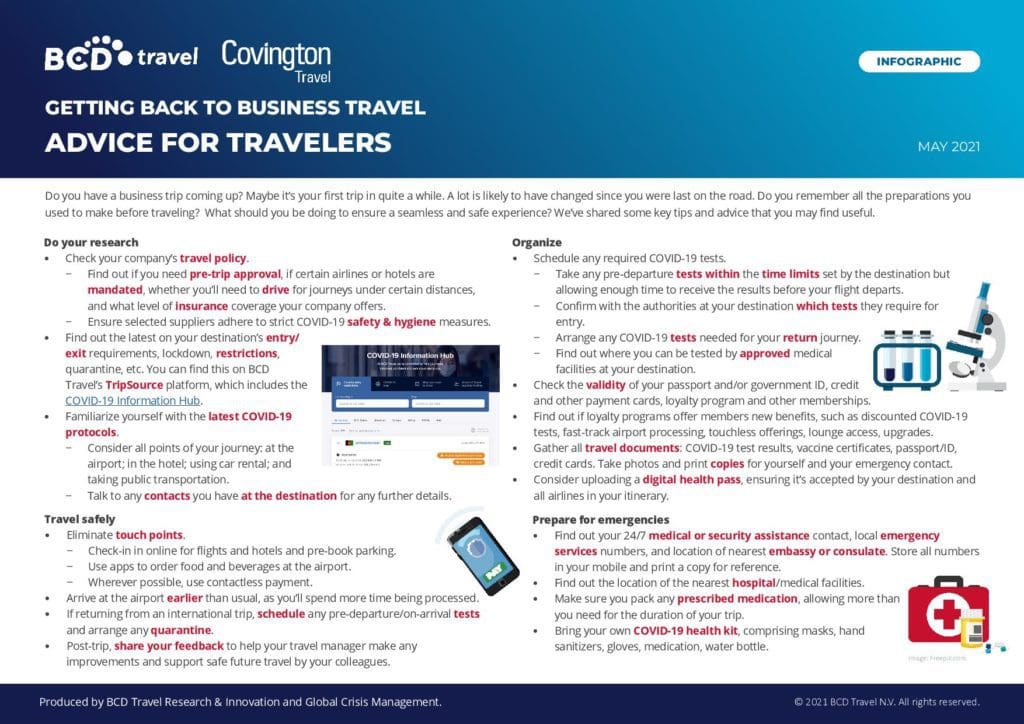
Leave a Reply